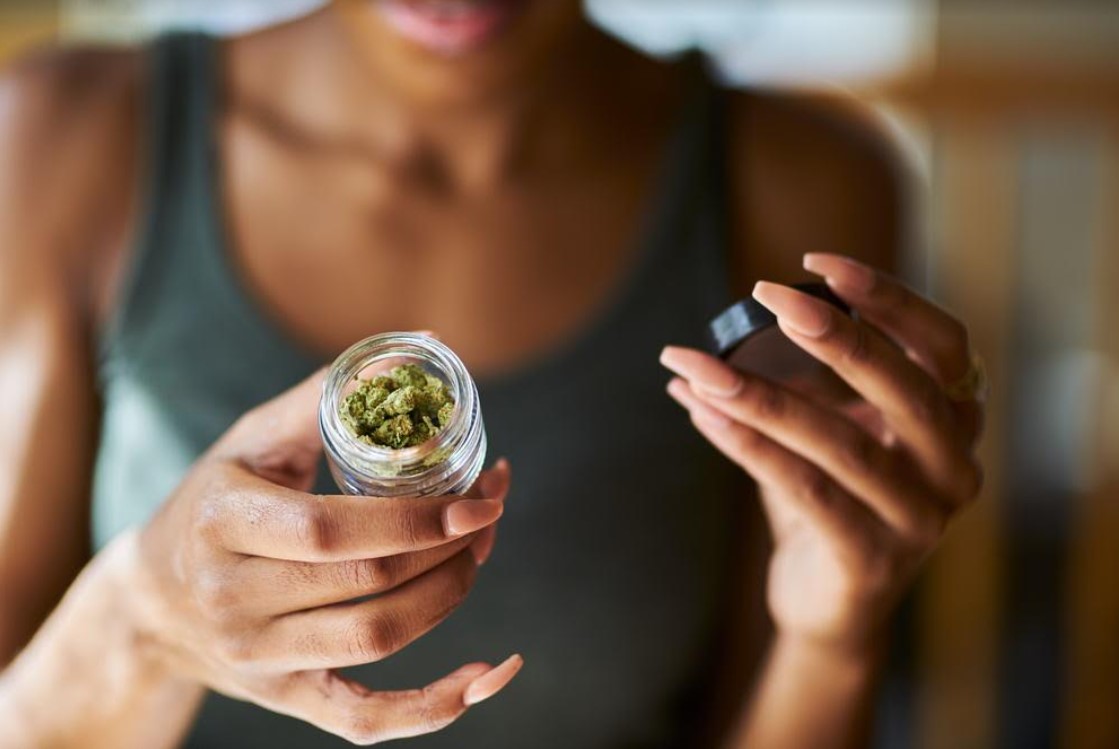
It is no secret that the public’s perception of marijuana has changed substantially over the last 20 years. Here in the U.S., the majority of states now allow medical cannabis due mainly to public pressure put on state lawmakers. Eighteen of those states also allow recreational marijuana. Now, a new survey suggests that people believe marijuana is less addictive than other substances.
The survey was conducted by the American Psychiatric Association and Morning Consult. It polled more than 2,200 adults about their thoughts on addiction and substance abuse. As it turns out, the majority of survey respondents believe that marijuana is safer and less addictive than tobacco, nicotine, alcohol, opioids and, believe it or not, technology.
What We Believe, By the Numbers
Americans used to be deathly afraid of marijuana. Thanks to organized efforts to demonize the plant, it was added to the federal government’s Schedule I list of controlled substances back in the 1970s. But a lot has changed since then. Many of us have completely changed our minds about marijuana.
Here is just a sampling of what we believe, according to the previously mentioned study:
- 84% say that cigarettes are unsafe; 21% still smoke
- 76% say nicotine vape are unsafe; 8% use them daily
- 64% say alcohol is unsafe; 7% use it daily
- 66% say prescription opioids are unsafe; 4% use them daily
- 23% say that technology is unsafe; 67% use it daily.
As for marijuana, just 38% of Americans consider it very or somewhat unsafe. A surprising 13% use it every day. Some of those users are medical consumers, but it is a safe bet that most are recreational users.
Public Perception and Policy
It should be noted that the data discussed here is the result of public polling. It is not clinical data by any stretch. It is also not necessarily scientifically accurate. But it is important, nonetheless. The data is important for the simple fact that public perception affects public policy.
Utah is the perfect example. Few people thought they would get on board with medical cannabis. It was assumed that Utah would be one of the last holdout states. But voters surprised the rest of the nation when they approved a proposition to legalize medical cannabis back in 2018.
Things have not been the same since, according to the medical professionals behind the Utahmarijuana.org website. They say that Utah’s medical cannabis program continues to grow as more Utahans are made aware that they are eligible to use cannabis.
The Effect on Federal Policy
While the states have taken unprecedented steps to thumb their noses at Washington while legalizing medical and recreational marijuana, federal regulators and lawmakers have taken a more cautious approach. But public polling is starting to get to them.
The U.S. House has passed multiple decriminalization bills in recent years. They have also passed banking bills designed to protect banks who choose to do business with marijuana companies. And in early 2023, the president offered pardons to people convicted of federal marijuana crimes.
Change is a lot harder to come by in Washington. Indeed, there is still plenty of resistance to marijuana decriminalization. But many in the pro-cannabis community think it is only a matter of time before marijuana is made completely legal. If and when that happens, marijuana is likely to be regulated in a way similar to how alcohol is currently regulated.
Public opinion about marijuana has changed. People consider it safer and less addictive than alcohol, nicotine, and prescription narcotics. Some even believe it is not as bad for us as technology. What are your thoughts?



